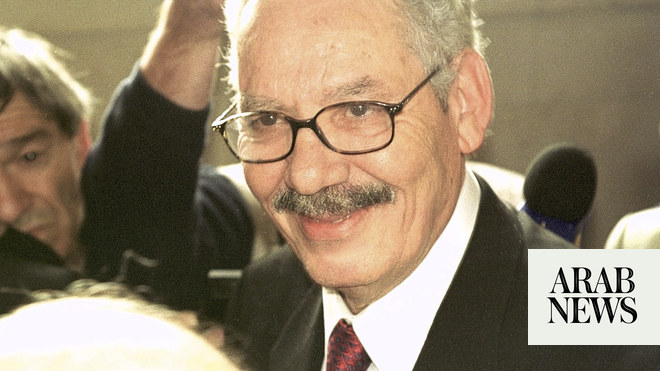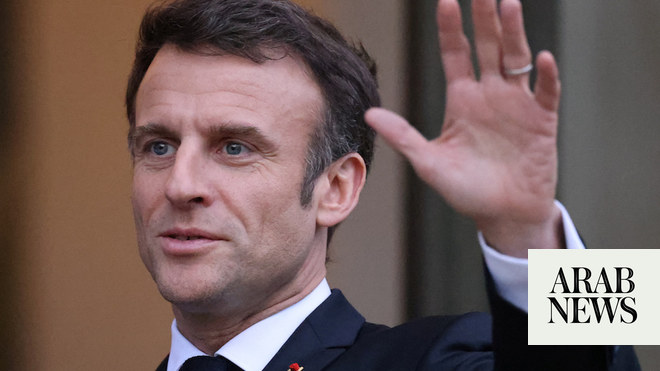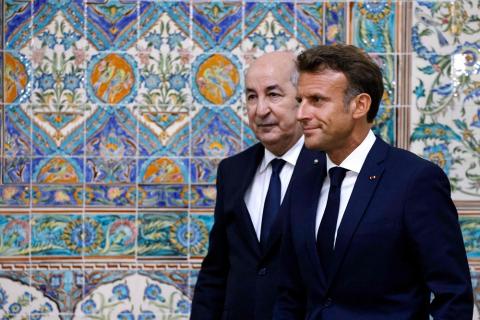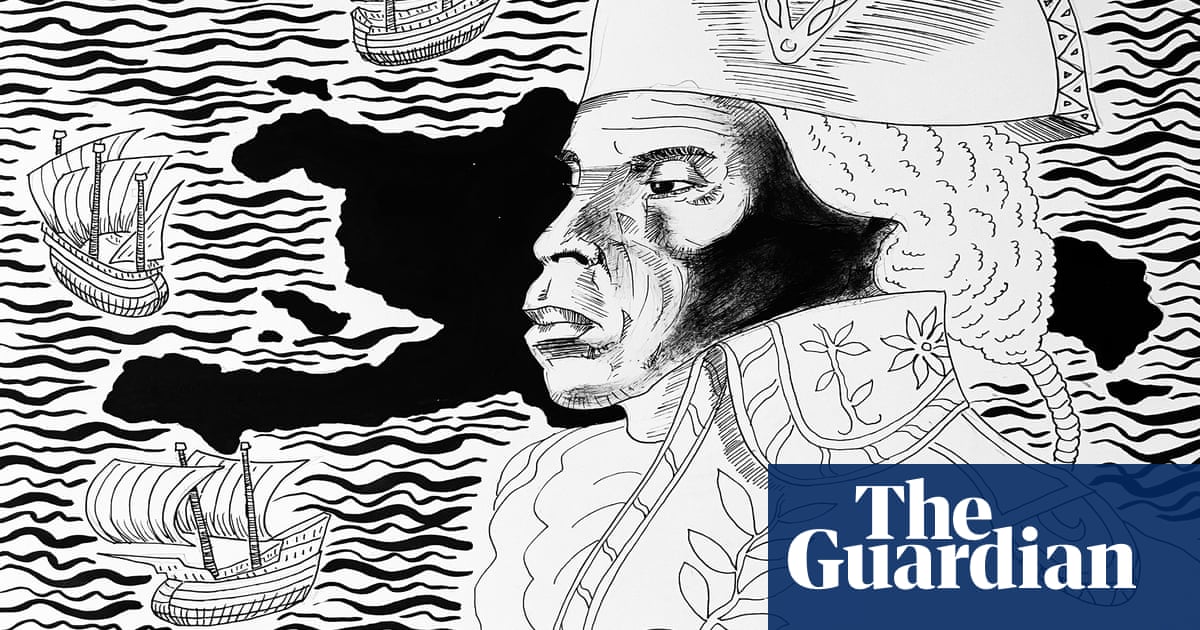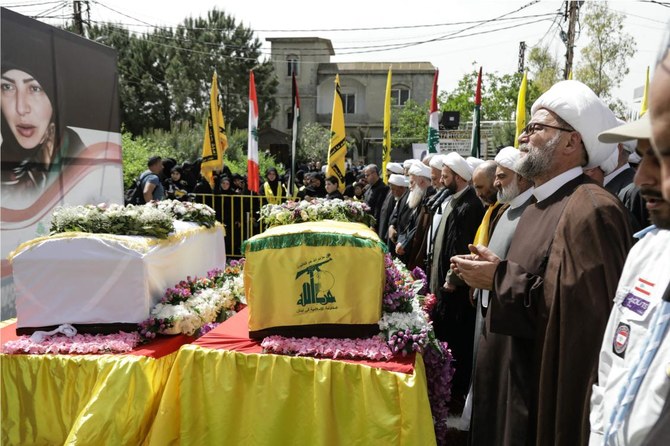
France admitted on Thursday that it had adopted “systematic” torture during Algeria’s war for independence.
The admission by President Emmanuel Macron marks a landmark in a conflict that remains hugely sensitive six decades on.
Macron -- the first president born after the conflict -- went further than any of his predecessors in recognizing the scale of abuses by French troops during the 1954-62 war.
He made the announcement as part of an admission that the French state was responsible for the torture and death of mathematician Maurice Audin, a French Communist pro-independence activist who disappeared in Algiers in 1957.
Visiting Audins widow, Macron also announced that France would open up its archives on the thousands of civilians and soldiers who went missing during the war, both French and Algerian.
An official in the presidential Elysee Palace stressed that the archives to be made public are limited to the question of disappearances. It may take up to a year to open them, said the official, who was not authorized to speak publicly on the subject.
In a statement, the presidency said the special powers given to the army to restore order in Algeria "laid the ground for some terrible acts, including torture".
During the bloody war, which claimed some 1.5 million Algerian lives and ended 130 years of colonial rule, French forces cracked down on independence fighters and sympathizers, with a French general later admitting to the use of torture.
The scars of the seven-year war have yet to heal in Algeria or in France. Unlike other French colonies, Algeria, which France invaded in 1830, was part of the French nation, a colonial jewel.
Both the occupation and the brutality during the war have embittered ties between Algiers and Paris. French authorities did not refer to war at the time, calling the violence, disappearances and bloodshed an "operation to maintain public order." Only in 1999 did France officially call the combat with Algeria a war.
France censored wartime newspapers, books and films that claimed it was using torture, and atrocities by its troops have remained a largely taboo subject.
But on Thursday, the government declared, "There can be no liberty, equality and fraternity without the search for truth."
Previous presidents of the left and right had taken cautious steps to acknowledge French wrongdoing in Algeria, without openly apologizing.
In 1998, Jacques Chirac acknowledged the massacre of civilians in the town of Setif in 1945, and in 2012 Francois Hollande recognized the "suffering" caused by the colonization.
But by acknowledging that France instituted a system that facilitated torture, and deciding to open the archives, Macron broke new ground, historian Patrick Garcia told AFP.
"Beyond the symbolic case of Maurice Audin there is a much bigger and important gesture," he told AFP, calling it a "milestone".
But he stressed that what Macron had announced was "a policy of recognition, not of repentance".
"Its not about beating ourselves up about it, its about recognizing what took place."
Macron had sparked controversy on the campaign trail last year by declaring that Frances colonization of Algeria was a "crime against humanity".
He later walked back the comments, calling for "neither denial nor repentance" over Frances colonial history and adding: "We cannot remain trapped in the past".
The far-right National Rally, previously known as the National Front, reacted indignantly to his latest remarks on Algeria.
"What is the point of the president opening old wounds by bringing up the Maurice Audin case?" asked its leader Marine Le Pen, whose ex-paratrooper father Jean-Marie -- the partys founder -- served in the war.
Algerias Minister for Ex-Combattants Tayeb Zitouni, by contrast, called Macrons remarks "a positive step".
But, he added, "we await other gestures and other acknowledgements from the French president."
Audin has become the symbol of Frances abuses during the brutal war in its former colony that ended with Algerias independence in 1962. A square in Algiers bears his name and his widows battle to uncover the truth made his case a cause celebre.
Historian Benjamin Stora, a noted specialist on the Algerian war, wrote Thursday in the newspaper Le Monde that Macrons gesture represents a "new marker" in lifting the veil on the brutality of the war and the rancor it has fed.
"How do we grieve this war if we dont evoke the fate of people who were never buried?" he asked.






